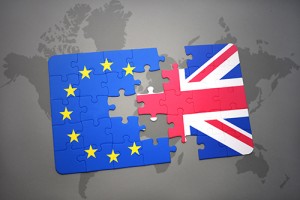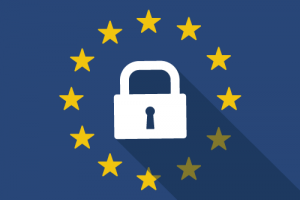 The recent decision by Britain to exit the European Union (Brexit) has people asking a lot of questions. Some analysts are pondering British technology regulations and the state of the technology industry post European Union. There are surprising implications that perhaps have not been considered but probably would not have made a difference in the vote.
The recent decision by Britain to exit the European Union (Brexit) has people asking a lot of questions. Some analysts are pondering British technology regulations and the state of the technology industry post European Union. There are surprising implications that perhaps have not been considered but probably would not have made a difference in the vote.
Silicon Roundabout
An area in East London has been dubbed Silicon Roundabout for the concentration of high-tech firms, particularly start-ups. In a 2013 Guardian article, director of Twilio Europe James Parton cites reasons for locating a hub in London, “…London was a natural choice for our first office outside of the U.S. Language, accessibility to rest of Europe, a vibrant start-up ecosystem, the financial market, talent and flexible business conditions were all contributing factors.” Other areas of Britain have attracted high-tech heavyweights and start-ups alike.
With Brexit, some of those desirable qualities could disappear. Accessibility to the single EU market is in jeopardy, which could result in less than favorable trade arrangements and higher tariffs for companies operating in an independent Britain. A recent BBC article suggests that Berlin, for example, will actively court those tech start-ups and venture capitalists that have been pouring money into Britain. In making her pitch, Cordelia Yzer, Berlin Senator for Commerce and Technology, said, “They are welcome, their talent is more than welcome. It’s a great place to live and we also speak English. Berlin is a place where their dreams can come true.”
High Finance
Another potential issue for tech firms in Britain is access to capital. Start-ups in particular, but all tech firms in general, are capital-intensive operations mainly used for talent and equipment. A recent Reuters article reports that Standard and Poors and Fitch Rating recently dropped their credit rating for the country. This could make it harder or more expensive for companies to borrow capital for expansion or for a start-up. These companies could consider other EU centers such as Berlin or Paris, where funds are less expensive.
Data Privacy
The EU and the U.S. are working on the latest changes to their data privacy agreement. The EU has some of the toughest privacy laws in the world with Germany and France leading the charge in areas such as “the right to be forgotten,” which require companies such as Google to erase all internet history of an individual upon their request. Britain has pushed for less stringent regulations but it remains to be seen whether they will still abide by the EU-U.S. data privacy agreement. That brings up the question of whether data flowing through Britain will still adhere to those standards, or will it be less secure?
Thoughts
The exit is still being planned, though EU countries are pushing to get it done sooner rather than later. With the separation come questions for high-tech companies and consumers. These will be sorted out over time and I will be watching the developments with interest. Can you think of any tech benefits or drawbacks to a post-EU Britain? Let me know your thoughts.
Kelly Brown is an IT professional and assistant professor of practice for the UO Applied Information Management Master’s Degree Program. He writes about IT and business topics that keep him up at night.


